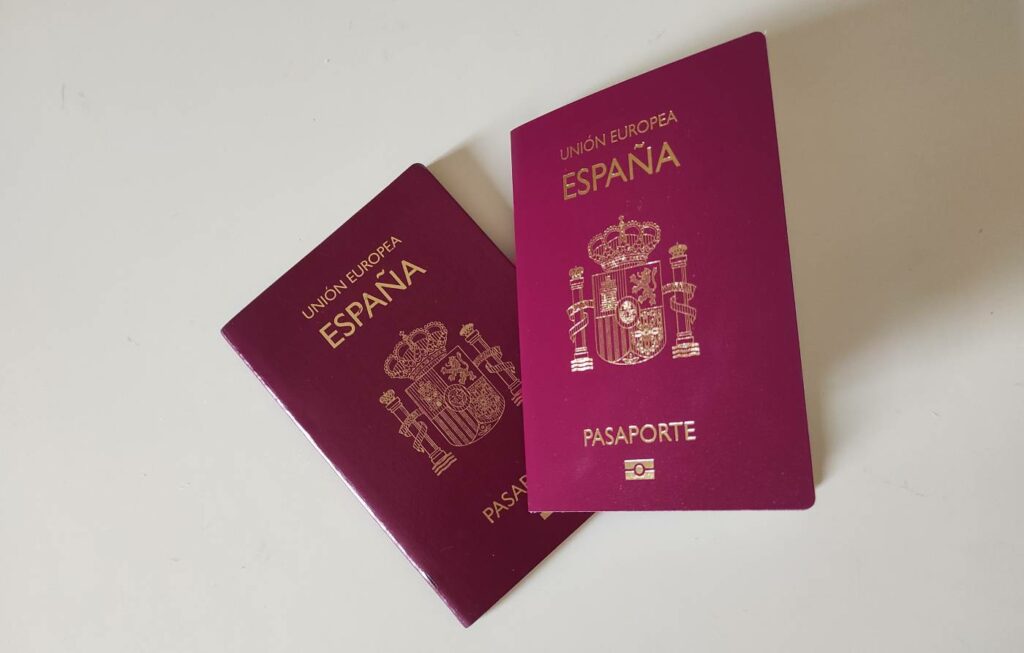What are the Tax Implications for Non-Lucrative Visa in Spain?
- Home
- What are the Tax Implications for Non-Lucrative Visa in Spain?
What are the Tax Implications for Non-Lucrative Visa in Spain?
Obtaining a Non-Lucrative Visa allows you to live in Spain, but it also brings along certain tax implications. Your tax obligations primarily depend on your residency status for tax purposes, which is not always the same as your immigration status.
- Tax Residency: In Spain, you’re considered a tax resident if you spend more than 183 days in the country within a calendar year, regardless of your visa type. Tax residents are required to pay taxes on their worldwide income. If you hold a Non-Lucrative Visa but don’t stay in Spain for more than 183 days in the year, you’ll generally be treated as a non-resident for tax purposes and will only pay tax on Spanish-sourced income.
- Wealth Tax: As a tax resident, you might also be subject to Spain’s wealth tax, depending on the value of your worldwide assets. Non-residents are only liable for wealth tax on assets located in Spain.
- Inheritance and Gift Tax: Inheritance and gift tax in Spain can be levied on assets you receive if you or the giver is a Spanish resident for tax purposes or if the assets are located in Spain.
Reporting Obligations: If you become a tax resident, you’ll have to file an annual tax return in Spain, and you may also have reporting obligations regard
Apply for your Non-Lucrative Visa today! As one of Spain’s most trusted and established companies, the experienced team at Chorus can take you through every step of your Spanish Visa application, for a low fixed-fee.
Qualified & Regulated Advice
Contact Chorus Financial today for a free, no obligation call with a qualified Financial Adviser in Spain. Provide brief information on what you need help or advice with, and let us know what part of Spain, or elsewhere, you are based in so we can assign the best Spanish based financial adviser for you.







